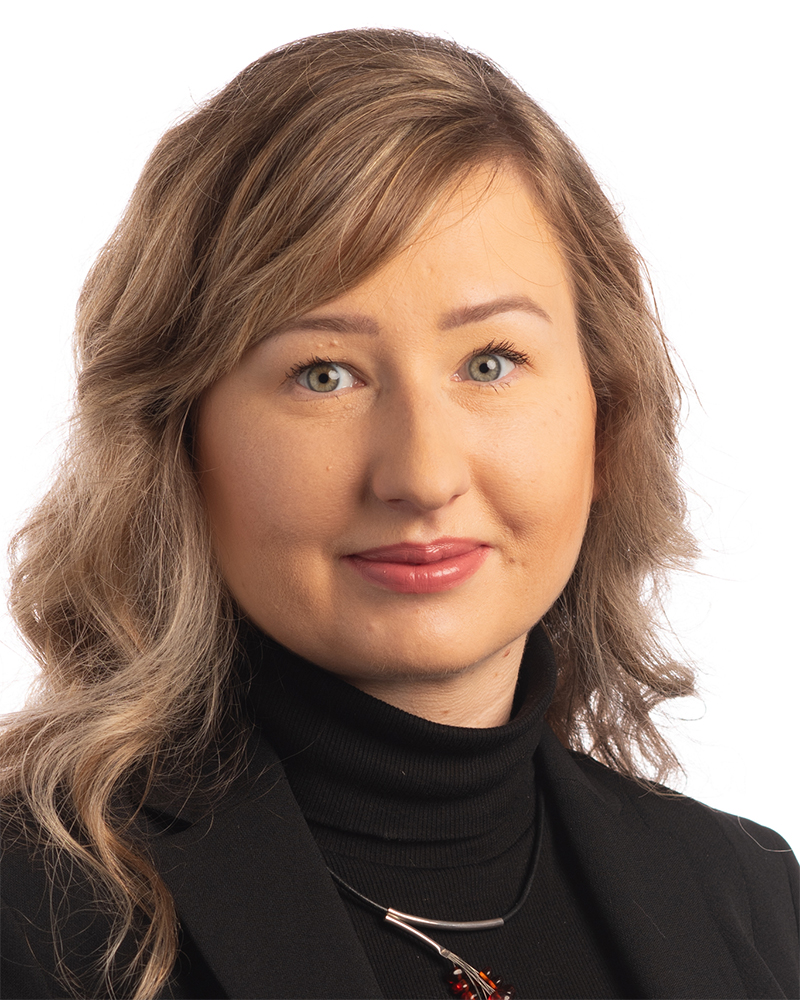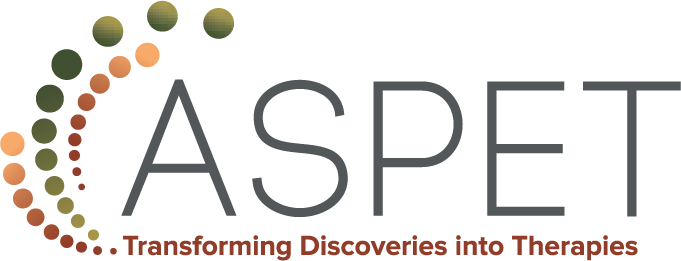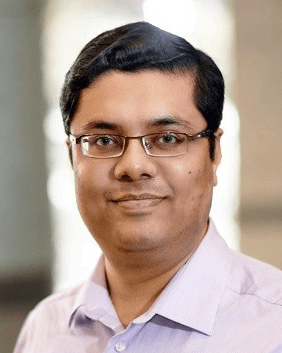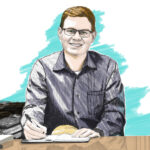A Conversation with ASPET’s Division for Drug Discovery and Development Chair Alicja Urbaniak, PhD
 Alicja Urbaniak, PhD is an Instructor in the Department of Biochemistry and Molecular Biology at the University of Arkansas for Medical Sciences. Dr. Urbaniak has been an ASPET member since 2016 and currently serves as the Chair of the Division for Drug Discovery and Development.
Alicja Urbaniak, PhD is an Instructor in the Department of Biochemistry and Molecular Biology at the University of Arkansas for Medical Sciences. Dr. Urbaniak has been an ASPET member since 2016 and currently serves as the Chair of the Division for Drug Discovery and Development.
How did you get started in pharmacology?
My path into pharmacology began towards the end of my graduate program. Throughout grad school, I focused primarily on synthesis of bioactive compounds. In the final year of my PhD work in chemistry and health sciences, I had an opportunity to broaden my research into drug discovery and development with a focus on translational research. Beginning with an internship at the University of Arkansas for Medical Sciences, I developed an interest in oncology research which led me to focus on identifying and characterizing novel therapeutic agents, including naturally derived compounds and their analogs, for cancer treatment. Over time, my work has expanded beyond drug discovery to also include regulatory science and precision medicine.
How did you first get involved with ASPET?
I first became involved with ASPET during graduate school while completing a fellowship from the Kosciuszko Foundation at the
University of Arkansas for Medical Sciences. My former mentor sponsored and introduced me to the Society, and thanks to a travel award, I was able to attend my first Experimental Biology meeting in Chicago in 2017. As my research expanded into pharmacology and translational science, ASPET provided an excellent platform to connect with like-minded scientists, share research findings, and stay informed about cutting-edge developments in the field.
Over time, my engagement with ASPET grew, leading to my roles on the Partnerships Committee and the Executive Committee of the Division for Drug Discovery and Development (DDD), where I currently serve as Chair. In this role, I aim to foster collaborations and support innovative research. ASPET has provided me with numerous opportunities to expand my network and develop both as a researcher and a leader, and I am grateful for my decision to become more actively involved.
What do you want the ASPET membership to know about you and your ideas on how to move the organization forward during your term?
I want ASPET members to know that I am deeply committed to fostering an inclusive and collaborative environment that advances drug discovery and pharmacology by supporting our members. Previously, I served as DDD’s Communications Officer for three years, where I worked to increase the visibility of the division through social media and highlight our member’s accomplishments. We continue to look for opportunities to increase membership exposure and networking opportunities.
As Chair, I want to support early-career scientists by increasing the visibility of their research within the DDD division and promoting structured mentorship opportunities at ASPET. I want to optimize our budget to improve the support and recognition we provide to our members. We are also striving to strengthen the collaboration amongst divisions by promoting cross-divisional networking opportunities. Finally, by the time I finish my duties as Chair, I plan to establish structured operational guidelines for key leadership positions within the division to ensure continuity and effectiveness.
What has been your proudest accomplishment in your career so far?
My career has delivered many wonderful and rewarding moments. Receiving the KL2 NIH Mentored Career Development Award and the Arkansas Breast Cancer Research Program Pilot Grant were significant awards that helped propel my research. Also, every publication has been a meaningful success that contributes toward a body of work that I am proud to author.
In addition to the research I’m involved with, I am very happy to be a contributing member of the scientific community based on my editorial work with journals and my commitment to scientific societies. I am a member of the editorial board of the Journal of Biochemical and Molecular Toxicology and as Social Media Coordinator for Pharmacology Research & Perspectives. I have also served as an ad hoc peer reviewer for over 35 scientific journals.
Some of my proudest moments have also been on a different bench. In 2013, I won a bronze medal at the International Powerlifting Federation Bench Press Championships. I’ve also won four Polish National RAW Bench Press Championships titles, two Polish National RAW Powerlifting Championships, and set a Polish national record in powerlifting bench press.
What advice would you give young scientists who are just starting out in their careers?
My advice to young scientists is to work hard, stay curious, and embrace persistence and collaboration. Science is a long journey, and setbacks are inevitable, but each challenge presents an opportunity for growth. Seek mentorship from experienced researchers while also building a network of peers who will support and inspire you. Be open to interdisciplinary approaches—many breakthroughs happen at the intersection of different fields. Finally, never underestimate the importance of communication skills, whether in writing grants, publishing papers, or presenting research.


